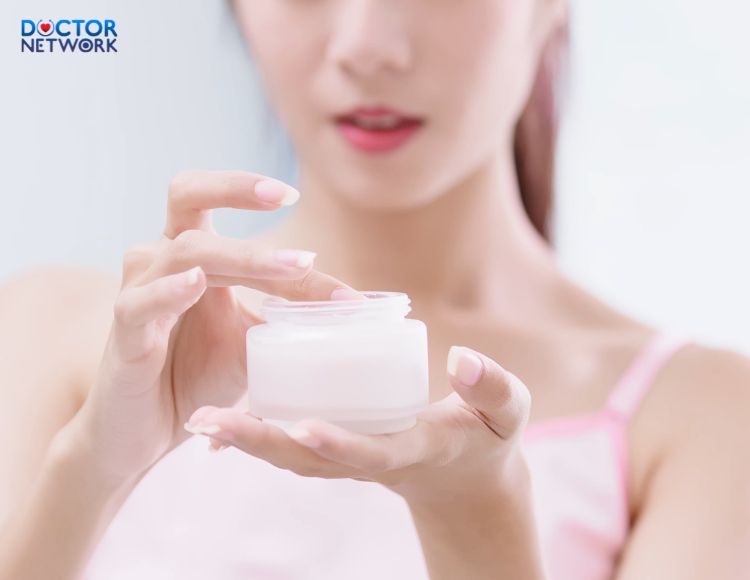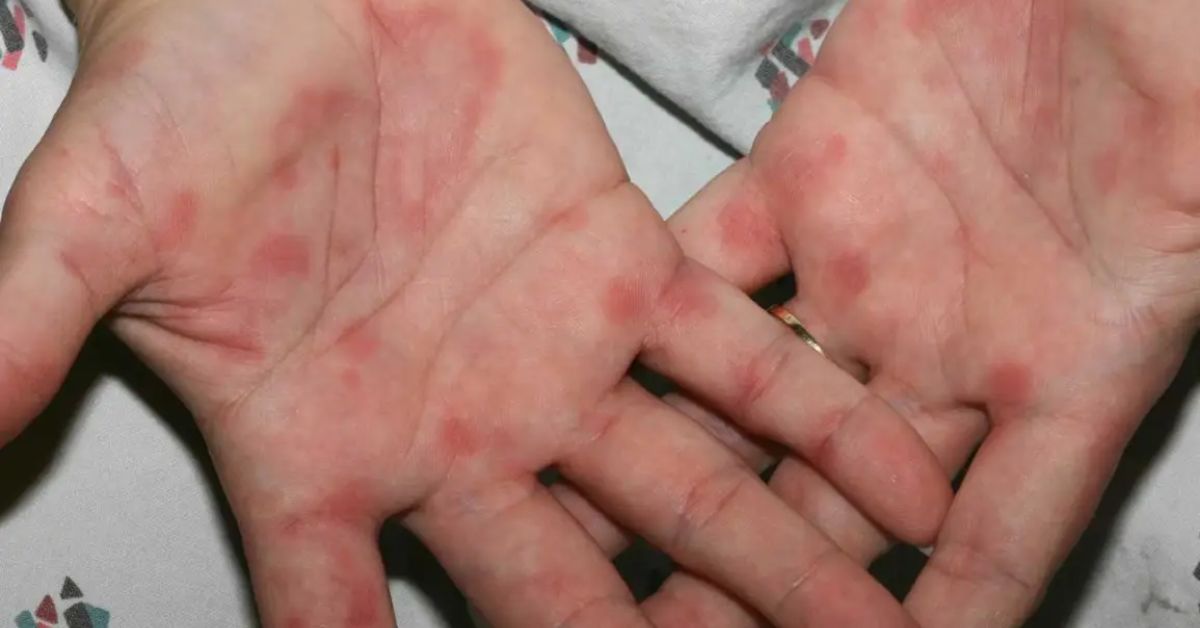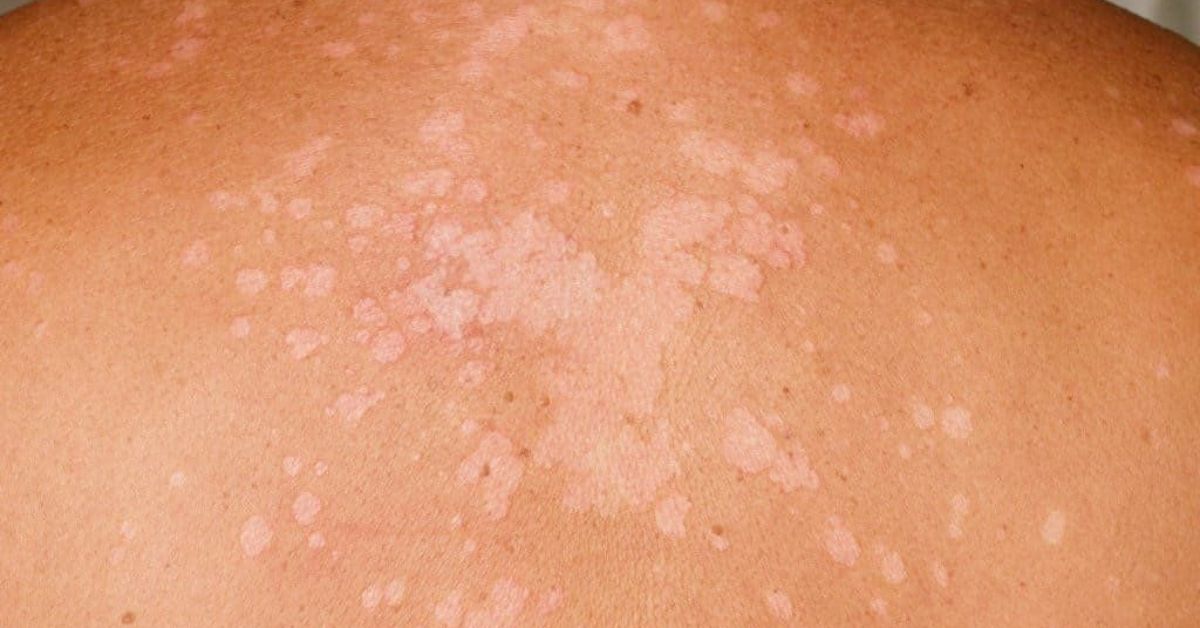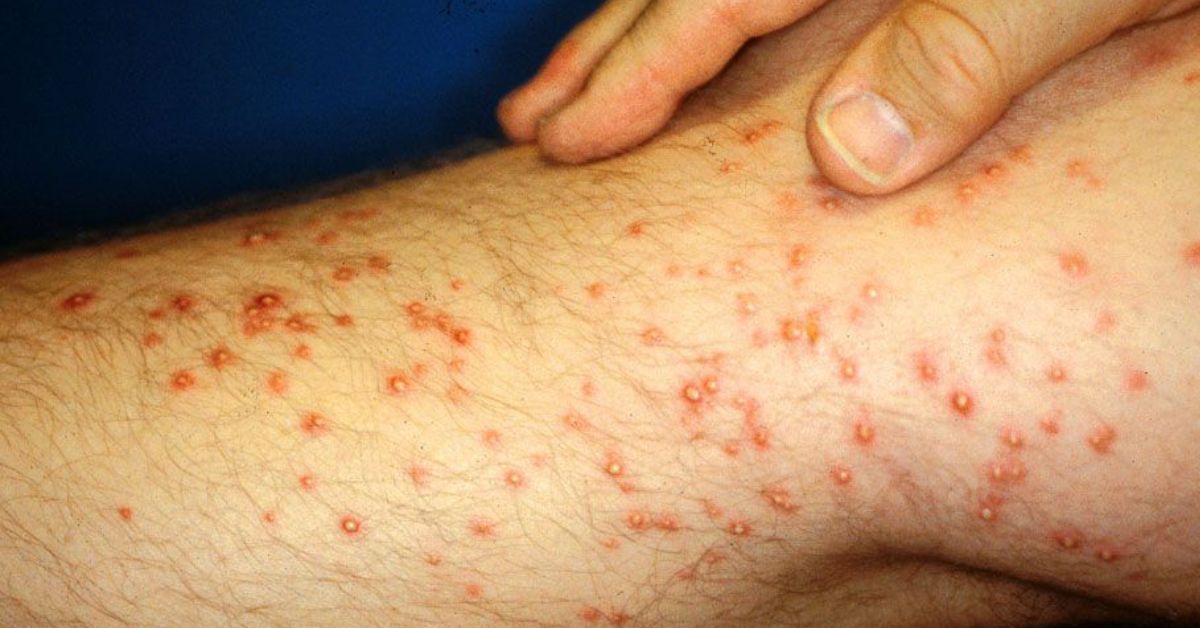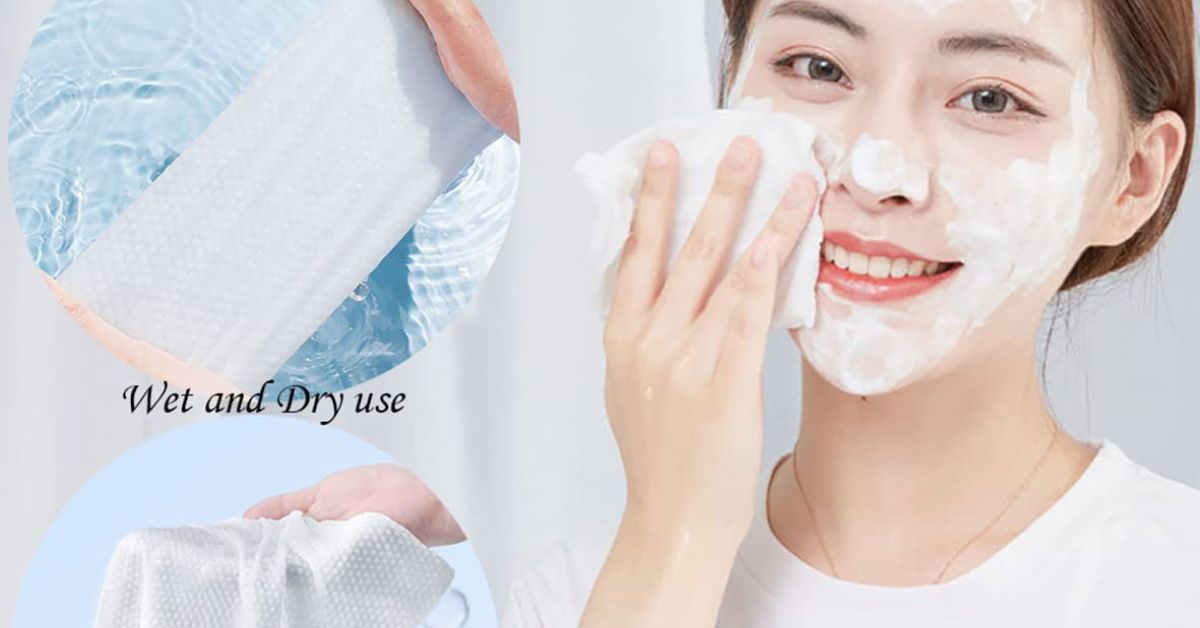Acne, a common dermatological condition affecting millions worldwide, has been the subject of countless remedies and treatments. As a health professional with over five decades of experience, I’ve witnessed the evolution of acne management strategies. This article delves into “can acne be cured naturally“, examining their effectiveness, limitations, and integration with conventional approaches.
Introduction
Understanding Acne and its Causes
Acne vulgaris, commonly known as acne, is a multifactorial skin disorder characterized by inflammation of the pilosebaceous units. It results from a complex interplay of factors including excess sebum production, follicular hyperkeratinization, colonization by Cutibacterium acnes (formerly Propionibacterium acnes), and inflammatory processes.
The Allure of Natural Acne Treatments
In recent years, there has been a surge in interest towards natural and holistic approaches to skincare. This trend stems from a desire to avoid potential side effects of conventional treatments and embrace more sustainable, eco-friendly options. Natural remedies often appeal to those seeking gentler alternatives or looking to complement existing treatments.
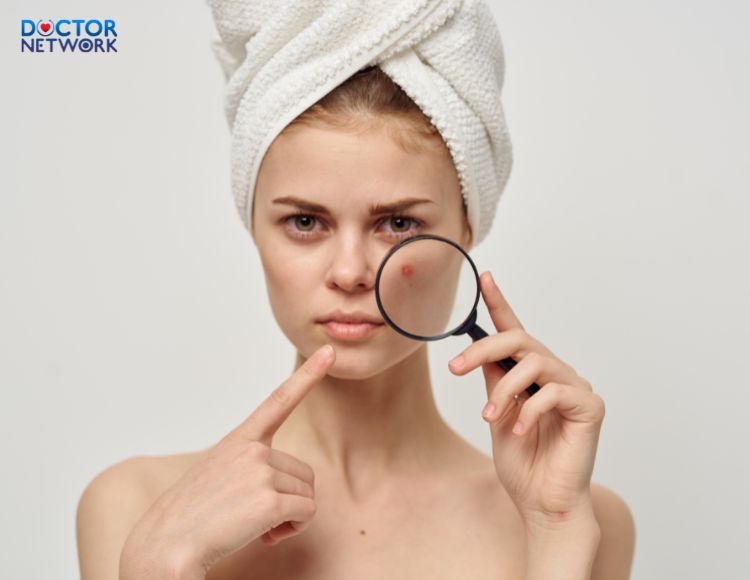
Natural remedies often appeal to those seeking gentler alternatives or looking to complement existing treatments
Setting Realistic Expectations
While natural treatments can be beneficial, it’s crucial to approach them with realistic expectations. Acne is a complex condition, and what works for one individual may not be effective for another. This article will explore various natural remedies, their potential benefits, and limitations, helping you make informed decisions about your skincare routine.
Natural Remedies for Acne
Topical Treatments
Natural topical treatments can offer anti-inflammatory, antibacterial, and soothing properties that may help manage acne symptoms. Here are some popular options:
| Treatment | Properties | Potential Benefits |
|---|---|---|
| Tea Tree Oil | Antimicrobial, anti-inflammatory | May reduce acne lesions and inflammation |
| Aloe Vera | Soothing, anti-inflammatory | Can calm irritated skin and promote healing |
| Honey | Antibacterial, humectant | May help kill bacteria and keep skin hydrated |
| Turmeric | Anti-inflammatory, antioxidant | Can reduce inflammation and redness |
| Green Tea | Antioxidant, anti-androgenic | May help regulate sebum production |
Natural topical treatments can offer anti-inflammatory, antibacterial, and soothing properties that may help manage acne symptoms
Tea Tree Oil
Derived from the leaves of Melaleuca alternifolia, tea tree oil has potent antimicrobial properties. Studies have shown it can be as effective as benzoyl peroxide in treating mild to moderate acne, with fewer side effects.
Aloe Vera
This succulent plant contains compounds with anti-inflammatory and soothing properties. Aloe vera gel can help reduce redness and irritation associated with acne.
Honey
Raw honey, particularly Manuka honey, possesses antibacterial properties that may help combat acne-causing bacteria. It also acts as a natural humectant, helping to keep the skin hydrated.
Turmeric
Curcumin, the active compound in turmeric, has powerful anti-inflammatory and antioxidant properties. Topical application may help reduce acne-related inflammation and redness.
Green Tea
Rich in polyphenols, green tea extracts can help regulate sebum production and reduce inflammation when applied topically.
Dietary Approaches
The Role of Diet
Nutrition plays a crucial role in skin health. While the link between diet and acne is complex, certain dietary modifications may help manage acne symptoms.
Reducing Sugar and Processed Foods
High-glycemic foods can trigger hormonal fluctuations that exacerbate acne. Limiting sugar and refined carbohydrates may help stabilize blood sugar levels and reduce acne flare-ups.
Incorporating Probiotics
Probiotics, both in food and supplement form, can support gut health and potentially influence skin health through the gut-skin axis.
Lifestyle Changes
Adopting certain lifestyle habits can significantly impact acne management:
- Stress Management: Chronic stress can exacerbate acne. Techniques like meditation, yoga, or deep breathing exercises may help.
- Adequate Sleep: Quality sleep is essential for skin repair and overall health.
- Regular Exercise: Physical activity can improve circulation and help regulate hormones.
- Proper Hygiene: Gentle cleansing and avoiding touching the face can prevent bacterial spread.
- Sun Protection: While some sun exposure can be beneficial, excessive UV radiation can worsen acne and lead to hyperpigmentation.
Effectiveness of Natural Remedies
Scientific Evidence and Clinical Studies
While anecdotal evidence abounds, scientific research on natural acne treatments is still evolving. Some studies have shown promising results:
- A randomized controlled trial found 5% tea tree oil gel to be effective in treating mild to moderate acne.
- Research on dietary interventions suggests a low-glycemic diet may improve acne symptoms in some individuals.
Individualized Responses and Factors Influencing Outcome
Effectiveness can vary greatly between individuals due to factors such as:
- Skin type
- Acne severity
- Hormonal influences
- Genetic predisposition
Limitations of Natural Treatments
Natural remedies may not be suitable for severe acne or cases resistant to over-the-counter treatments. They often require consistent, long-term use to see results.
When to Seek Professional Help
Consult a dermatologist if:
- Acne is severe or persistent
- Natural remedies haven’t shown improvement after 4-6 weeks
- You experience side effects or allergic reactions
- Acne is causing emotional distress or affecting self-esteem
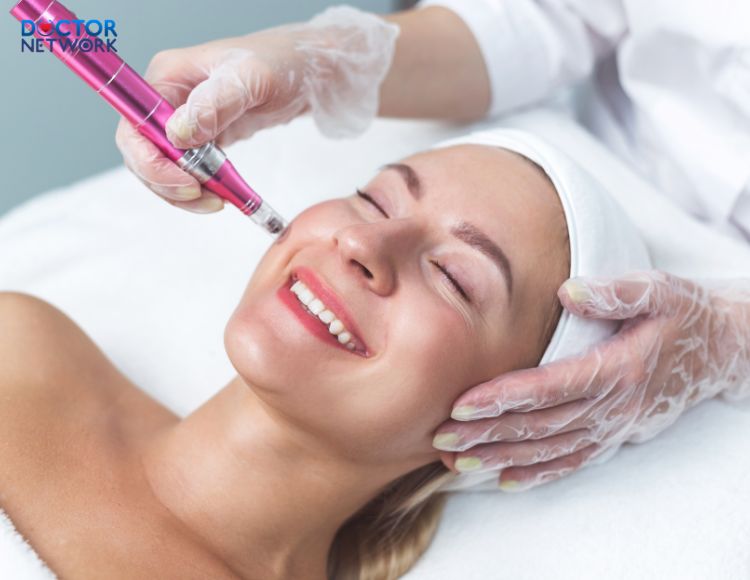
A dermatologist can recommend effective treatments that are appropriate
Common Misconceptions About Natural Acne Treatment
Debunking Myths and False Claims
| Myth | Reality |
|---|---|
| “Natural” always means safe | Natural ingredients can still cause irritation or allergic reactions |
| Acne can be cured overnight | Consistent, long-term care is usually necessary for improvement |
| Diet is the sole cause of acne | While diet plays a role, acne is influenced by multiple factors |
| Toothpaste is an effective spot treatment | This can lead to irritation and is not recommended by dermatologists |
The Importance of Reliable Information
Always seek information from reputable sources and consult with healthcare professionals before starting any new treatment regimen.
Integrating Natural Treatments into a Comprehensive Approach
Combining Natural Remedies with Conventional Treatments
A holistic approach often yields the best results. Natural remedies can complement conventional treatments when used appropriately.
Working with a Dermatologist for Personalized Recommendations
A dermatologist can help create a tailored treatment plan that incorporates both natural and conventional methods based on your specific needs.
Frequently Asked Questions about “can acne be cured naturally”
- Q: How long does it take to see results from natural acne treatments? A: Results can vary, but it typically takes 4-6 weeks of consistent use to see noticeable improvements.
- Q: Can natural remedies completely cure acne? A: While natural remedies can help manage acne, a complete “cure” is rare. Acne management often requires ongoing care.
- Q: Are natural treatments safe for all skin types? A: Natural ingredients can still cause irritation or allergic reactions. Always patch test new treatments and consult a dermatologist if you have sensitive skin.
- Q: Can diet alone clear up acne? A: While diet plays a role in skin health, acne is influenced by multiple factors. Dietary changes alone may not be sufficient for everyone.
- Q: Is it safe to use multiple natural treatments at once? A: Combining treatments can increase the risk of irritation. Start with one treatment at a time and gradually introduce others under professional guidance.
Scientific researches on “can acne be cured naturally”
- “A comparative study of tea-tree oil versus benzoyl peroxide in the treatment of acne” by Bassett et al., published in the Medical Journal of Australia (1990).
- “The efficacy of 5% topical tea tree oil gel in mild to moderate acne vulgaris: A randomized, double-blind placebo-controlled study” by Enshaieh et al., in the Indian Journal of Dermatology, Venereology and Leprology (2007).
- “Dietary glycemic factors, insulin resistance, and adiponectin levels in acne vulgaris” by Çerman et al., in the Journal of the American Academy of Dermatology (2016).
- “The effect of probiotics on immune regulation, acne, and photoaging” by Kober and Bowe, published in the International Journal of Women’s Dermatology (2015).
- “Medicinal plants for the treatment of acne vulgaris: A review of recent evidences” by Nasri et al., in the Journal of Dermatology & Dermatologic Surgery (2015).
- “Complementary therapies for acne vulgaris” by Cao et al., published in the Cochrane Database of Systematic Reviews (2015).
Conclusion
Harnessing the Power of Nature for Clear Skin
Natural remedies offer promising options for managing acne, but they’re not a one-size-fits-all solution. Understanding their potential benefits and limitations is key to incorporating them effectively into your skincare routine.
A Holistic Approach to Acne Management
The most effective acne management strategies often involve a combination of treatments, lifestyle changes, and professional guidance. By taking a holistic approach, you can address the multifaceted nature of acne and work towards achieving clearer, healthier skin.
Seeking Sustainable Solutions
As we continue to explore natural acne treatments, it’s important to focus on sustainable, long-term solutions rather than quick fixes. With patience, consistency, and the right approach, many individuals can successfully manage their acne using natural methods.
References:
Is squeezing acne good? – Vinmecvinmec·1
How to Get Rid of Pimples Without Popping Them – Curologycurology·3
Kiểm Duyệt Nội Dung
More than 10 years of marketing communications experience in the medical and health field.
Successfully deployed marketing communication activities, content development and social networking channels for hospital partners, clinics, doctors and medical professionals across the country.
More than 6 years of experience in organizing and producing leading prestigious medical programs in Vietnam, in collaboration with Ho Chi Minh City Television (HTV). Typical programs include Nhật Ký Blouse Trắng, Bác Sĩ Nói Gì, Alo Bác Sĩ Nghe, Nhật Ký Hạnh Phúc, Vui Khỏe Cùng Con, Bác Sỹ Mẹ, v.v.
Comprehensive cooperation with hundreds of hospitals and clinics, thousands of doctors and medical experts to join hands in building a medical content and service platform on the Doctor Network application.





